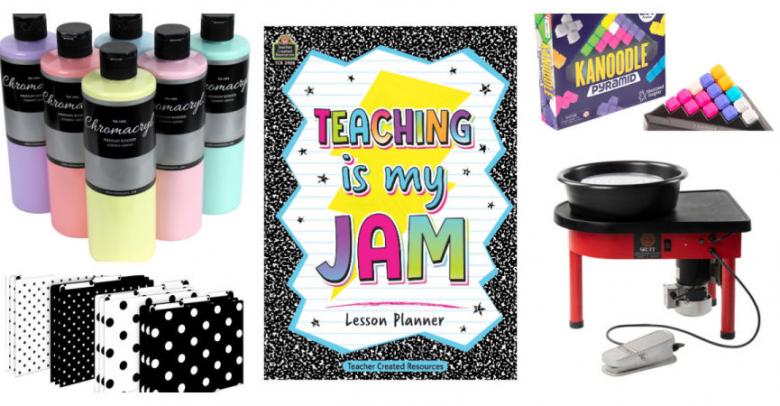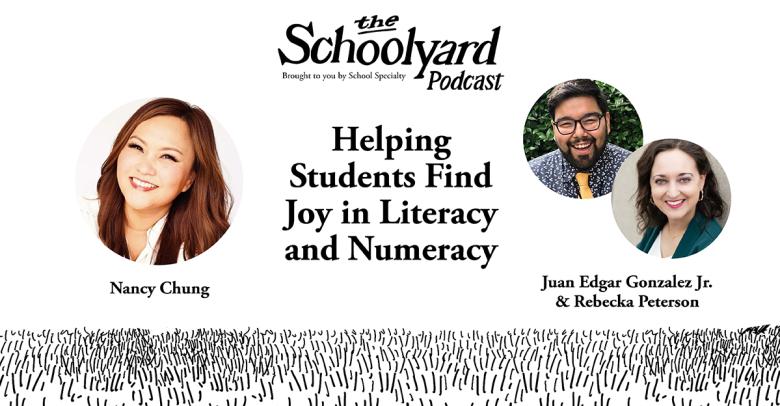Reading is not a skill that comes naturally; it must be learned. Some children pick it up with less support than others, but all children benefit from instruction in phonics—that is, instruction in the sounds that letters represent, and how these letters are combined to make words. Those who struggle with reading especially need to spend dedicated time developing their phonics skills, and using decodable books is a simple and effective way to do just that.
What Makes a Book Decodable?
While some may think that decodable books are merely easy to read, this is not the whole story. The term “decodable” refers to words that contain only the phonic elements a child has already learned. For example, if the child has learned all the consonants and the short vowel sound of the letter e, the child can be expected to read, or decode, words such as pen, net, and Ben.
Introduction of Sight Words
Most decodable books also introduce a number of sight words, which are some the most used words in the English language. Some of these are phonically irregular; others are words that will become decodable once the child has learned more phonic elements. As more phonic elements and sight words are introduced, the child becomes a more masterful decoder.
While students often have opportunities to decode words in isolation, decodable books provide connected text that students can use to practice their newly acquired reading skills, with the additional challenge of reading for meaning—which is the ultimate goal of reading. As such, decodable texts may be considered the first step on the “staircase of text complexity” that is often discussed in state and national standards. These texts are not meant to replace other kinds of books. Rather, they should be used as a tool to precede and facilitate the reading of more challenging passages.
Read More: Must-Haves for a Social and Emotional Learning Classroom Library
What Are the Benefits?
Decodable books can benefit students at all reading levels in a variety of ways. Struggling readers don’t feel left behind in the classroom because, with decodable texts, they are able to read independently after learning just a few letters and their sounds. This allows students to experience success and develop confidence in their reading abilities, gaining the skills to decode unfamiliar words—which makes reading more accurate, and discourages bad habits such as skipping over unknown words or guessing a word based on the first few letters. For your on-level students, decodable texts give the chance to apply the phonics skills they’ve learned in the context of a story or nonfiction text at their own reading level.
Introducing decodable texts to your classroom will allow all students to demonstrate an understanding of the organization and basic features of print, and of spoken words, syllables, and sounds (phonemes). Over time, your struggling readers will come to understand and apply grade-level phonics and word-analysis skills when decoding words, and ultimately read with sufficient accuracy and fluency to support comprehension
What Resources are Available?
Emergent students, struggling readers, and nonreaders can all benefit from decodable, connected text that is paired with their reading instruction. When choosing decodable books for a child, review the skills addressed in each title to make sure they align with what the child has already learned.
EPS Instruction and Intervention has been a leader in the field of reading and intervention for over 60 years, providing instructional materials for students of varied reading abilities. Some of their best-selling decodable readers are the SPIRE Illustrated Decodable Readers, Primary Phonics Readers, and The Alphabet Series.
Teachers know that instruction is not one-size-fits-all—that’s why EPS provides programs that can be tailored to help your on-level readers meet their goals, without your struggling students falling behind. Visit the website to see what other reading resources are available for your classroom.
Read More on Struggling Readers & Intervention
Looking for more posts on helping your struggling readers succeed? Check out the Literacy and Reading category page to find more solutions, classroom activities, and inspiration. Also be sure to head over to the online store to find great options for educational games and classroom tools your students are sure to love.
Read More: Literacy and Reading






Leave a Reply